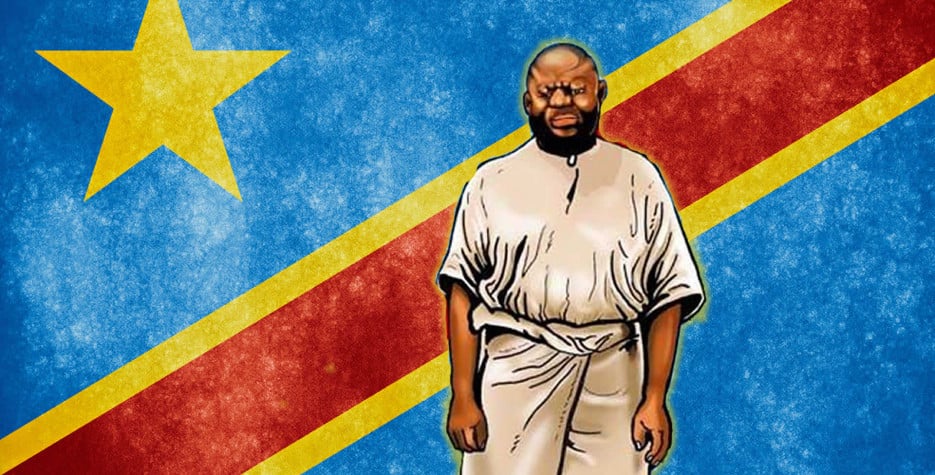When is Kimbangu Day?
Kimbangu Day, known as Day of struggle of Simon Kimbangu and African Consciousness is a public holiday in the Democratic Republic of the Congo on April 6th since 2023.
The holiday commemorates the anniversary of the beginning of the Kimbanguist mission in 1921.
History of Kimbangu Day
On April 6th 2023, the Congolese celebrated the first holiday dedicated to the struggle of Simon Kimbangu, through a march in the streets of the city of Kinshasa, in the Democratic Republic of Congo, which ended with a special service organized at the Kimbanguist Welcome Centre, in the commune of Kasa-vubu in Kinshasa.
This followed a promise from President Félix Antoine Tshisekedi Tshilombo to the Kimbanguist Church to make this day a public holiday, paid and unpaid throughout the national territory.
Simon Kimbangu was a Congolese religious leader who founded the Christian new religious movement Kimbanguism. Kimbanguists consider him to be an incarnation of the Holy Spirit.
Simon Kimbangu was born on September 24th 1899 in Nkamba, in present-day Kongo-Central province.
He was baptized by the Protestant Baptist Missionary Society in 1915 and trained to become a catechist. In the 1920s, he became a preacher and in 1921 founded a religious movement in Nkamba that gave birth to Kimbanguism.
Following some visions, he proclaimed himself a "Special Envoy", affirming that he had received from Jesus Christ the mission and the authority to carry out a spiritual ministry that would extend from Nkamba throughout the world.
Simon Kimbangu began his mission with the healing of a young woman, Maman Kiantondo, in Ngombe-Kinsuka, on April 6th 1921. His religious movement was based on the Bible, but that Adam and Eve were people of colour. At the height of colonization, his preaching took on the tones of a campaign for the emancipation of black people. This message, and some of his further alleged "miracles", attract a growing number of followers.
The "prophetic mission" of "Pope" Simon Kimbangu lasted only five months. He was arrested in Nkamba, tried and sentenced to death on October 3, 1921 by a military court; the sentence was commuted to life imprisonment by King Albert I of Belgium. The convict was deported to Elisabethville (present-day Lubumbashi), 2,000 km from his hometown, where he died on October 12th 1951. But the only effect of these measures was to reinforce the movement, which spread rapidly.
Years later, Kimbanguists led by one of Kimbangu’s sons, Joseph Diangienda (Diangienda ku Ntima), founded the Kimbanguist church, which received official recognition in September 1959.
With an estimated six million followers, Kimbanguist is considered one of the largest African-initiated churches with followers not just in Congo but in other African countries.


